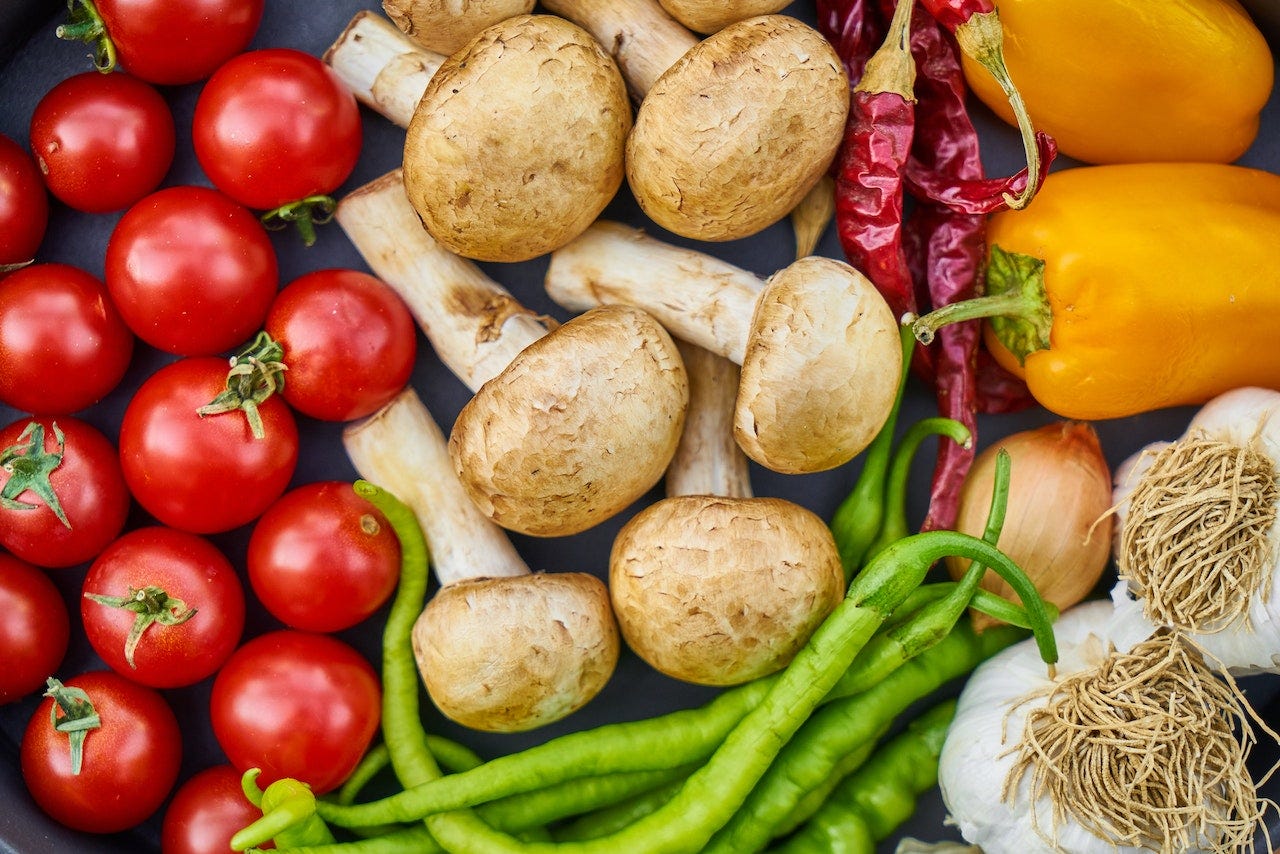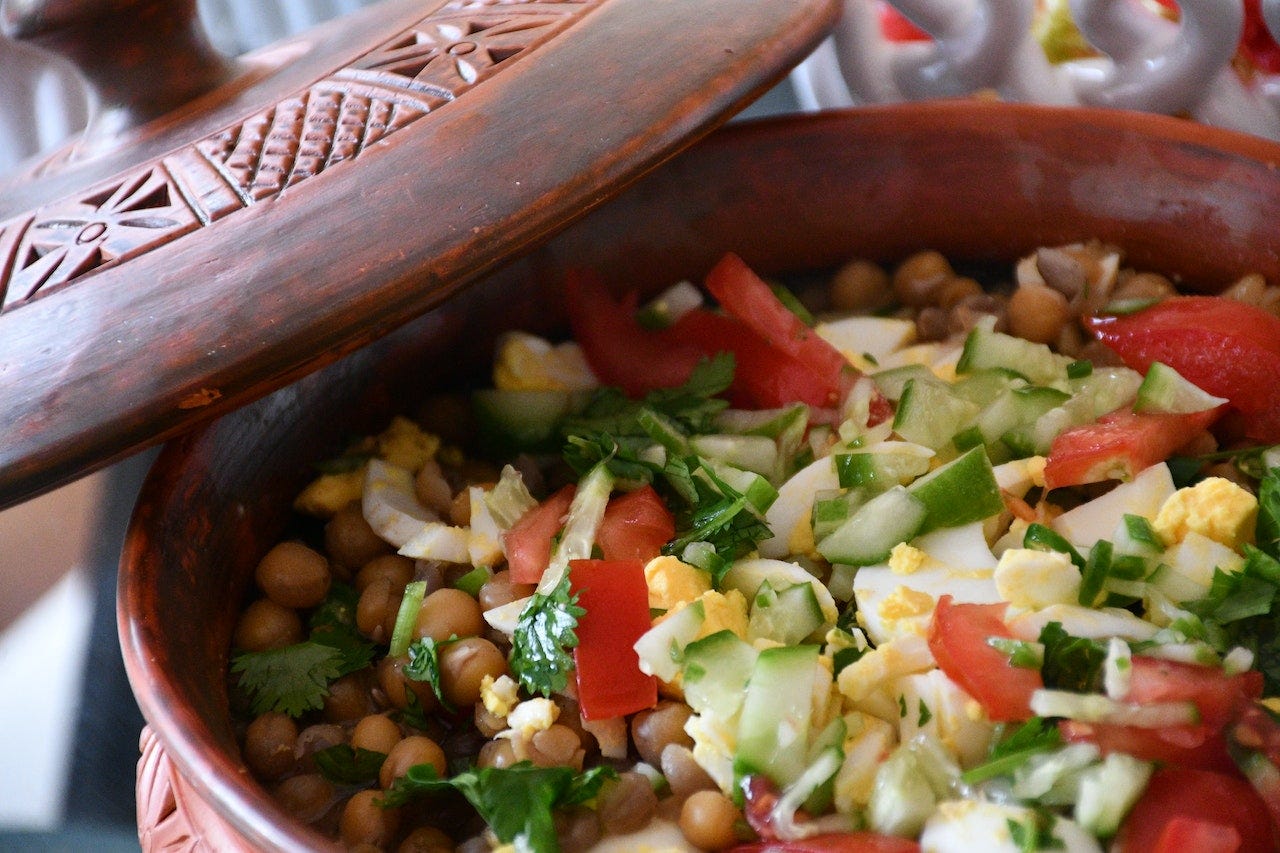HOW TO MAKE HEALTHY EATING AFFORDABLE!
Smart Tips For Eating Healthy On A Budget.
Hi Healthy Friend,
Welcome to our latest newsletter, where we'll explore the common challenge of maintaining a healthy diet on a tight budget. Eating well shouldn't have to break the bank, and we're here to help you discover practical solutions for making healthy choices while keeping your finances in check. So let's dive in!
PLAN AHEAD AND SHOP SMART
One of the most effective ways to eat healthy on a budget is to plan your meals in advance. Before heading to the grocery store, take a few moments to create a weekly meal plan. This way, you can make a shopping list that includes only the ingredients you need, avoiding unnecessary purchases and reducing food waste. Stick to your list while shopping, and consider buying in bulk for items with a longer shelf life, like grains, beans, and canned goods.
EMBRACE SEASONAL AND LOCAL PRODUCTS
Fresh fruits and vegetables are essential for a nutritious diet, but their cost can vary throughout the year. Focus on purchasing seasonal produce as it tends to be more affordable and abundant. Additionally, consider visiting local farmer's markets where you can often find reasonably priced, fresh produce while supporting your community.
OPT FOR WHOLE FOODS
Processed foods may seem convenient, but they are often more expensive and less nutritious compared to whole foods. By choosing whole grains, fresh meats, and in-season fruits and vegetables, you can nourish your body with essential nutrients and save money in the process. Get creative with your meals and stay consistent with exploring new recipes that highlight these wholesome ingredients.
COOK IN BATCHES
Cooking at home not only allows you to control the ingredients but is also more cost-effective than eating out. Prepare larger portions and freeze the leftovers in individual containers for future meals. This strategy saves both time and money, ensuring you always have a healthy meal ready to go, even on busy days.
DIY SNACKS AND MEAL PREP
Avoid expensive pre-packaged snacks by preparing your own. Whip up a batch of homemade granola bars, energy balls, or trail mix using affordable ingredients like oats, nuts, seeds, and dried fruits. Similarly, invest some time in meal prepping on weekends, portioning out lunches and dinners for the week ahead. This way, you'll be less tempted to rely on take-out when time is tight.
COMPARE PRICES AND USE COUPONS
Before making a purchase, compare prices at different grocery stores or check online to find the best deals. Many supermarkets offer loyalty cards and digital coupons, so make sure to take advantage of these savings opportunities. Additionally, consider joining a group of people who would like to buy items in bulk and you can share the item equally. For example, Cow meat or Goat meat. You can get these cheaper at discounted prices.
MINIMIZE FOOD WASTE
Reducing food waste is not only environmentally friendly but also helps stretch your food budget. Get creative with using leftovers in new recipes, freeze surplus produce before it spoils, and practice proper food storage techniques to prolong the shelf life of your groceries. By minimizing waste, you'll be able to make the most of your purchases.
PLANT A KITCHEN GARDEN
If you have access to outdoor space or even a windowsill, try growing your own herbs, fruits, and vegetables. This can significantly cut down your grocery bill, and there's nothing quite as satisfying as eating food you've grown yourself. Start with easy-to-grow plants like tomatoes, herbs, or salad greens, and gradually expand your garden as your skills develop.
By implementing these smart tips into your daily routine, you can eat healthily without straining your budget.
Remember, small changes can make a big difference in the long run. Take one step at a time, be consistent, and watch your health and savings grow.
Want to see the Video Version of this post?
Watch Here: WATCH VIDEO
Stay tuned for more Health and Nutrition Tips!
Check out my Free Smoothie Recipe Book: Smoothie Recipe book
Much Love
Casandra
Healthmartwithcassie





